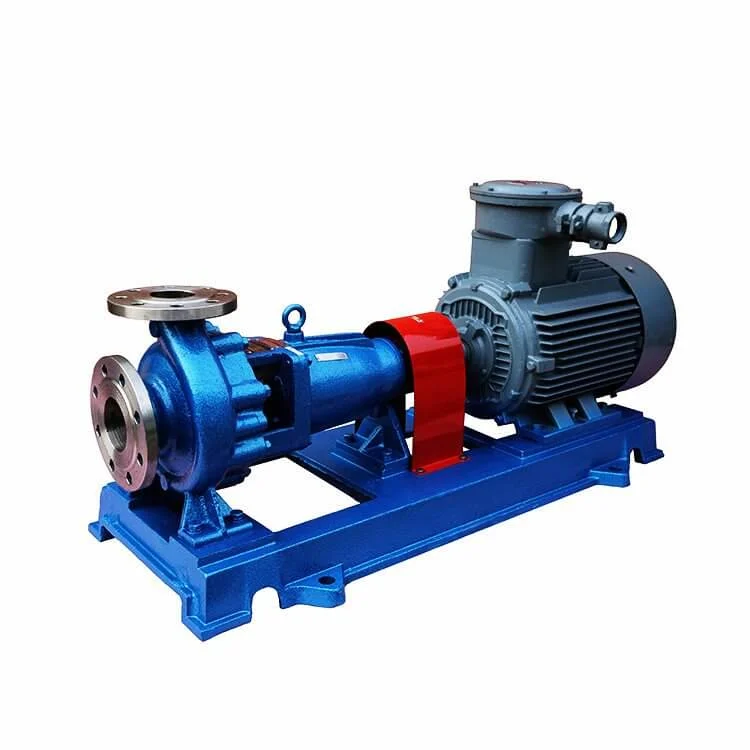Petrochemical Application
Chemistry Pump Applications in Petrochemical Industry
In the petrochemical industry, nearly all the transport fluid is flammable, and most of the operations occur under high temperature and high-pressure conditions. As a result, they require the most dependent, resilient stainless steel chemical pumps available.
In the process of petrochemical production, the chemistry pump not only conveys materials but also provides the system with the materials necessary to achieve chemical balance and meet the pressure required for chemical reactions. If the scale of production does not change, the flow rate and head of the nano pump will remain relatively stable. If a change occurs, the flow rate and outlet pressure of the pump effectively and efficiently respond to production fluctuations.
Corrosion Resistance
Most of the media passing through chemistry pumps are corrosive, including raw materials, intermediate products, and final products. This means extreme care must be taken with the selection of the pump’s construction material. If selected incorrectly, the medium will corrode the functional parts, and it will cease to work properly.
High or low-temperature Resistance
Chemistry pumps used to transport high and low-temperature media must have sufficient strength and stability, whether at field temperature, normal room temperature, or that of the conveying medium. Another important factor to consider is that all pump parts are subject to thermal shock and the resulting danger of thermal expansion and brittleness from cold.
Wear Resistance
Regular abrasion from solid particles suspended in the high-speed liquid stream conveyed through the chemical pump will quickly result in wear and tear. If the passivation film on the surface of most metals and alloys becomes worn, the nano-metal will be in an activated state, and resistance to corrosion will weaken.
Reliable Operation
The reliability of chemical pump operation involves two primary factors: 1) long-term operation without failure, 2) various parameters being kept stable during operation. If a pump frequently fails, it will not only result in frequent, costly production delays but can also become a potential safety hazard.
The fluctuation of the pump speed will affect factors including flow rate and pump outlet pressure, which allow production to proceed normally. When these are out of balance, the chemical reaction will be affected, and the materials will not be balanced, which may result in waste or degradation in the quality of what is being produced.
No leakage or reduced leakage
Most of the liquid media transported by chemistry pumps are explosive, flammable, and/or toxic. Some media even contain radioactive elements. Once these media leak from the pump into the atmosphere, they are likely to cause fire, affect environmental sanitation, or cause harm to the human body. Additionally, as the price of some media is relatively high, leakage can result in great economic losses.
Transportation of critical liquids
Chemistry pumps are often employed to transport critical liquids. When the temperature rises or the pressure drops, the critical state of liquid usually vaporizes. If it vaporizes internally, cavitation damage will result. In addition, the vaporization of the liquid will create dry friction between the dynamic and static parts of the pump, thereby shortening the service life. This makes it imperative to select a chemical pump with high resistance to cavitation.


